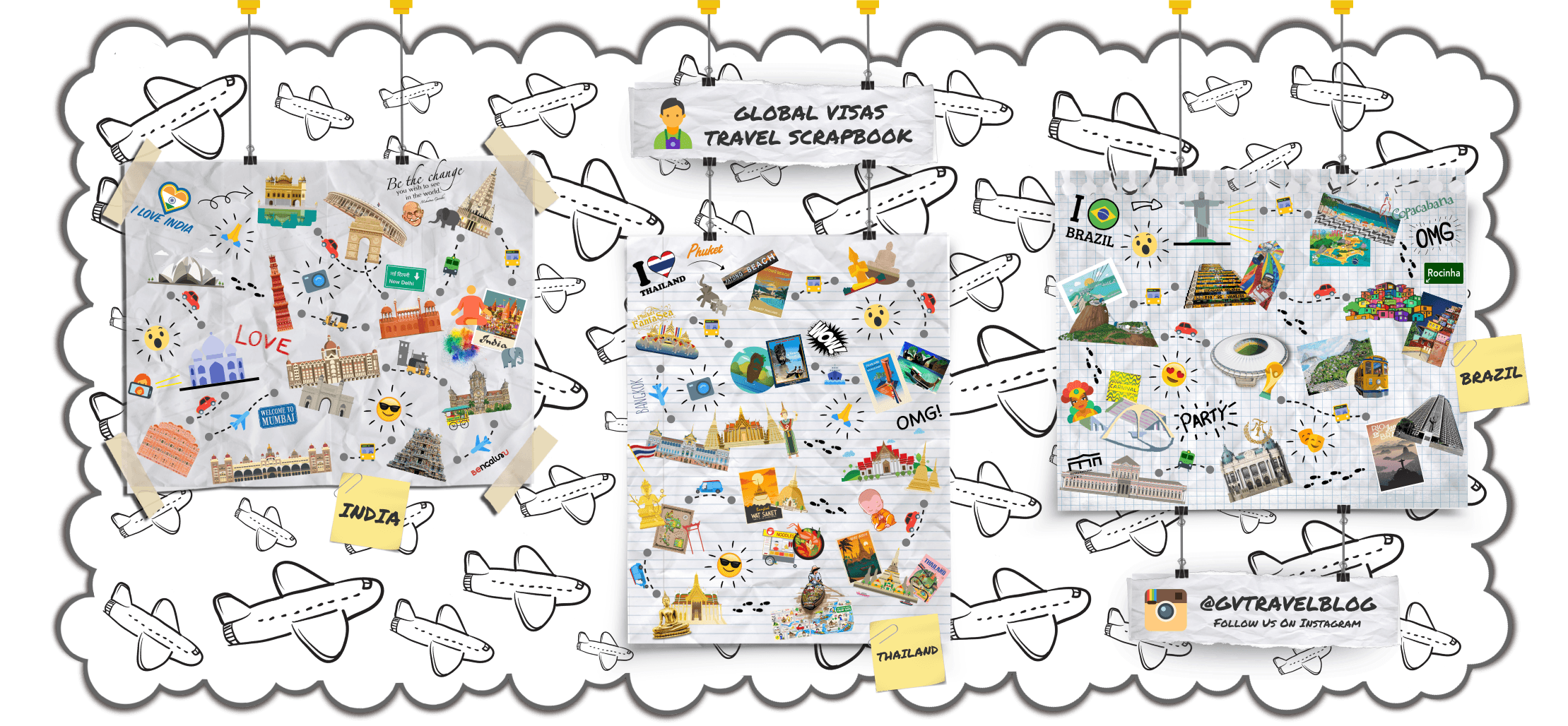BY PLANE:
Most international visitors will arrive through Jomo Kenyatta International Airport (JKIA) in Nairobi (NBO). If you are already in Nairobi and need to get to the airport, plan at least two hours to get there as the main road to the airport is subject to heavy traffic jams, and security checks are tedious.
Kenya Airways (KQ) offers the most scheduled connections from JKIA and regular daily flights to the following destinations: Mombasa, Malindi, Lamu and Kisumu. Check in is 45 minutes before departure for local flights and two hours for international. Pay attention to the announcements while in Unit 3 of JKIA as passengers on different flights are put in the same waiting area. If you are flying from another destination to Nairobi and using Kenya Airways in the tourist high season (July–September, December–February), KQ flights are frequently delayed and preference is given to international connecting passengers, platinum frequent-flyer card holders, and first-class passengers.
Jambojet is a low-cost, no-frills airline also flies from JKIA and offers scheduled connections to Mombasa, Malindi, Lamu, Kisumu, Eldoret, Ukunda (Diani). Plans to extend the service to the East African region are underway. Jambojet now fly to/from Uganda. A one-way flight to Mombasa from Nairobi can cost as little as Ksh 3500 depending on the timing (checked luggage requires an additional fee). Tickets can be booked online and paid for with Visa and Mastercard.
Airkenya flies from Wilson Airport Nairobi to Mombasa, Malindi, Lamu, Amboseli National Park, Maasai Mara, Meru, Nanyuki and Samburu. The lounge features a Dormans cafe. Check in can be done up to 15 minutes before departure. Wilson Airport was once the busiest airport in Africa outside South Africa and still remains a major hub for local flights to the nature reserves in Kenya and to cities in neighboring countries. Anyone using Airkenya is advised to lock their checked-in bags. Things have been known to go missing from luggage while in the care of Airkenya.
Silverstone Air is a low-cost airline that flies from Nairobi Wilson Airport to Mombasa, Kisumu, Malindi, Lamu, Ukumda (Diani). Fares from Ksh3500.
Most charter tourists fly directly to either of the coastal airports of Mombasa or Malindi.
BY BUS:
Kenya has a network of long distance bus lines. Speed is limited to 80 km/h, and the highways can be very bumpy and dusty, so be sure to pick a comfortable and reputable coach company such as Modern Coast for the long journeys.
Local buses in town are run by private companies, such as the green and yellow Citi Hoppa, which provide transportation along various routes for Ksh 50-100. They have regular services in and out of the Nairobi city suburbs. They usually seat 20-35 passengers (no standing passengers are allowed by law) and are a cleaner and less hectic mode of transport than matatus, while still plying many of the same routes.
BY MATATU:
Matatus are privately operated minibuses, typically for 14 or 25 passengers and operating over short and medium distances. They provide a very cheap and quick method of transport in all the major towns and many rural areas. The name matatu comes from the Kiswahili word for the number three – tatu – because some time ago the standard fare was three ten-cent coins. Matatus operate along set routes, picking and dropping off passengers at any point along the way. Most rides within cities cost 20 to 40 Ksh.
Many matatus are poorly maintained and many are to be found with a fascinating and colourful décor — usually global icons in sports and music, designer brands, et al. — which is a major feature of Kenyan urban culture. Travel by matatu can be risky as the vehicles are often extremely badly driven, with matatu drivers swerving in and out of traffic and stopping at a moment’s notice by the side of the road for passengers. Matatus used to be usually packed to well over capacity – up to 25 people in a 14-seater vehicle. It is strongly advised not to take matatus at night, as they are known targets for robberies, in addition to the increased risks of reckless night driving.
BY TRAIN:
Passenger train services link only Nairobi and Mombasa. The old colonial train line was replaced by a new rail line in 2017. First class is Ksh 3,000, second class Ksh 1,000. The train from Nairobi to Mombasa only takes 5 hours. there are two trains a day. 8am and 2.20pm. Tickets can be bought online.
BY RENTAL CAR:
Most worldwide rental agencies have offices in Nairobi, Mombasa and Kisumu, and these offer reliable cars with a full back-up network. One can also rent cheaper cars from local distributors who are mostly reliable. However it is always good to do a background check before sending in a deposit. When you hire a car, no matter the brand name, always take note of the various dents, or states of the car as it may prove contentious especially when a “refundable” deposit was involved.
It is quite convenient to hire a car online and pick it up at the airport once you arrive. The minimum driving age in Kenya is 18 years and for you to hire a vehicle, you may be required to be at least 23 years and have a minimum of 2 years driving experience. Other rules to comply with are: drive on the left side of the road, talking on a hand-held phone is prohibited, seat belts are mandatory and drivers must always carry a valid driver’s license. Make sure that the car you are hiring has up-to-date comprehensive and PSV insurance which are normally displayed on the top left side of the windscreen. When hiring a car for cross-border travel you might need to purchase additional insurance and carry the motor vehicle original log book.
The Nairobi CBD is traffic prone and it is difficult to find parking on working hours. If you can, avoid going to the CBD on weekdays. However, roads out of the city are relatively easy to navigate and pleasant. Kenya has a lovely countryside and most of the roads linking the major towns are in good condition. Smaller roads however may be dilapidated and you might need to rent a 4X4 to get you there. A good map is essential, and if you are self driving to game parks and the like, a GPS would be very useful – sign posts are rare and you are never quite sure if you are on the correct road, leading to many wrong turnings and backtracking.
Some car rental companies provide free extras like a mobile phone with a local number. Other extras that are available at a cost are additional GPS, child seats, camping equipment, rooftop tent and a driver.
Most car rental companies offer cars of all sizes with Japanese models being dominant. All reservations can be made in English with some rental companies providing reservations in French, German, Chinese and Spanish. International car rental companies such as Europcar, Sixt, Budget, Avis and Hertz offer car rental in Kenya. Local car rental companies like Hire N’ Drive, Elite Car Rental Kenya, Offroad Car Hire, and Davina Cabs are usually very competitive and professional.









